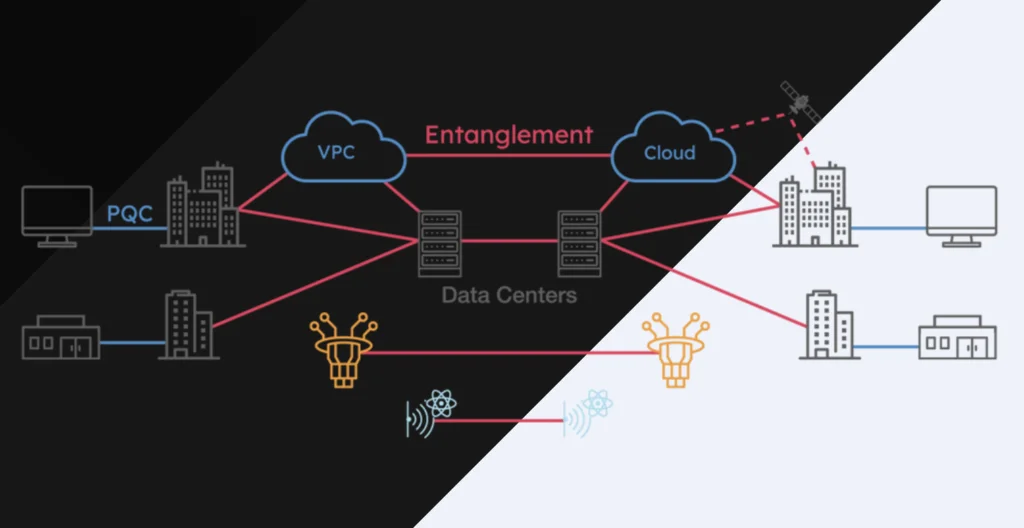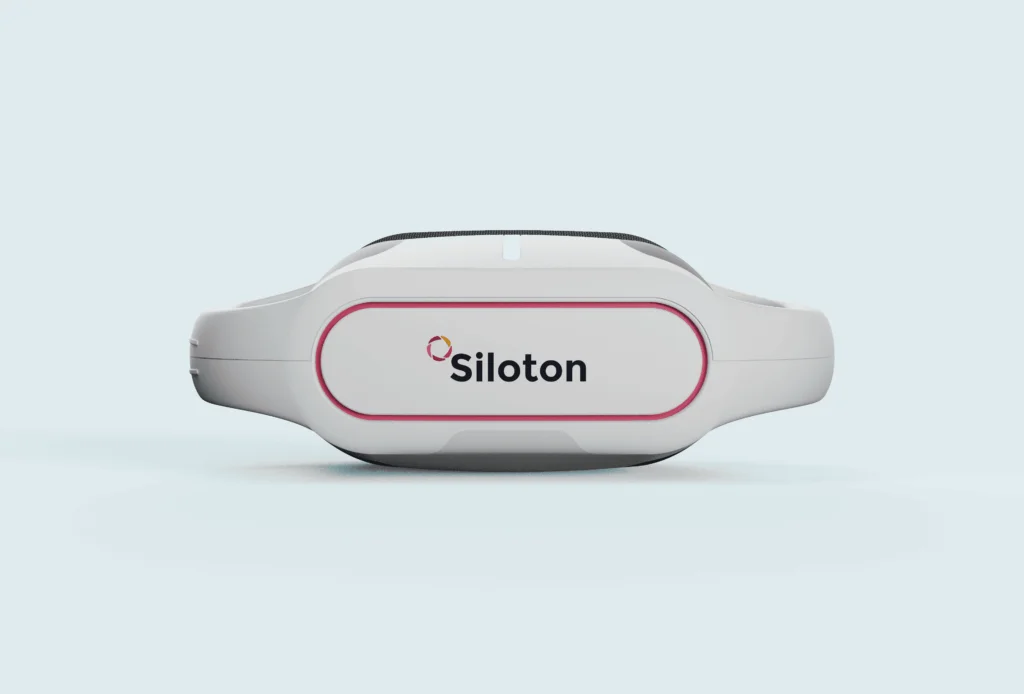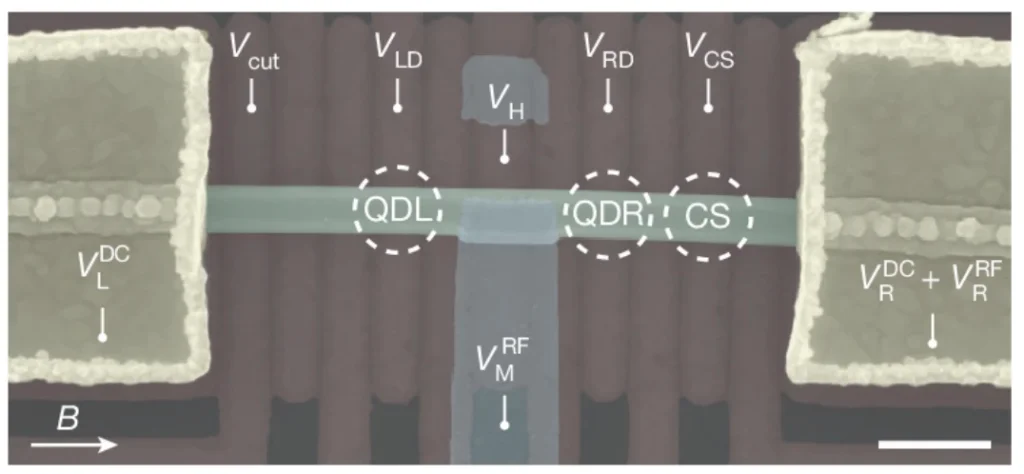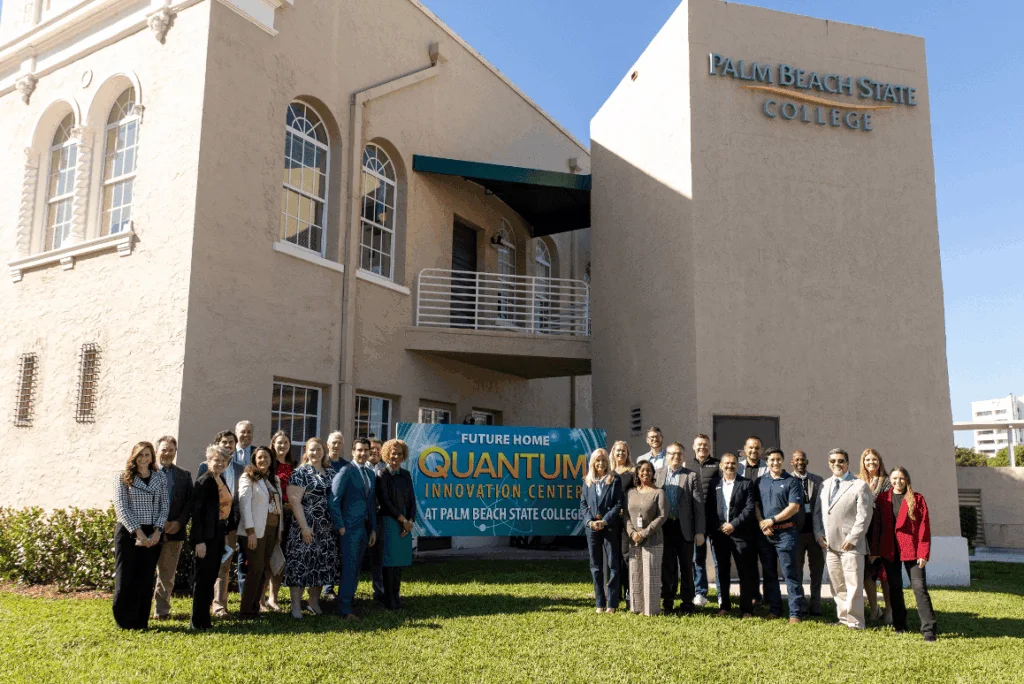Insider Brief:
- D-Wave and Rigetti are facing potential delisting from their respective stock exchanges due to their stock prices falling below the required $1 threshold.
- D-Wave has received its third delisting warning from the NYSE and has six months to raise its share price.
- Rigetti, facing its second delisting notice from Nasdaq, has until March 2025 to meet the minimum bid price requirement.
Two major quantum computing firms, D-Wave and Rigetti, are once again facing the threat of being delisted from their respective stock exchanges due to persistently low share prices. D-Wave, listed on the New York Stock Exchange (NYSE), and Rigetti, listed on Nasdaq, have both received letters warning them that they no longer meet the minimum price requirements to remain publicly traded. This will be D-Wave’s third time in this position and Rigetti’s second.
D-Wave: A Third Delisting Threat
On October 4, 2024, D-Wave announced that it had received a notice from the NYSE stating that its stock price had fallen below $1 for 30 consecutive trading days. Under NYSE rules, companies must maintain a certain minimum stock price to remain listed. A delisting occurs when a company’s shares are removed from the stock exchange, meaning they can no longer be bought or sold on that exchange. D-Wave now has six months to bring its stock price back above $1 for 30 consecutive days to avoid delisting.
D-Wave has faced this challenge before. According to an announcement in March 2023, it received a similar notice but managed to regain compliance by mid-July of that year. However, its stock price began to drop again in August 2024, falling to a low of $0.80 per share. Corrective measures to avoid delisting may include the possibility of a reverse stock split, which is a strategy that consolidates shares to boost the stock price by reducing the total number of shares in circulation.

Additional information from Data Center Dynamics details how D-Wave went public in August 2022 through a Special Purpose Acquisition Company merger, a method for private companies to become publicly traded without going through a traditional initial public offering. At its peak, D-Wave’s stock traded as high as $8.18 per share, but for most of the past year, it has stayed below $2.
Rigetti: Second Warning from Nasdaq
Similarly, Rigetti announced in September 2024 that it had received a notification from Nasdaq about non-compliance with the exchange’s $1 minimum bid price rule. Nasdaq gives companies 180 days to meet the requirement, which Rigetti has until March 17, 2025, to achieve. If a company’s stock price doesn’t rise above $1 for ten consecutive trading days during this period, it risks being delisted. A bid price is the highest price a buyer is willing to pay for a stock, and falling below the $1 threshold puts a company at risk of being removed from the exchange.
This isn’t Rigetti’s first time facing such issues. In February 2023, the company received its first delisting warning but managed to regain compliance by July of that year. However, in 2024, its stock dropped below $1 again, hitting a low of $0.69 in September. Rigetti, which also went public through a SPAC merger in March 2022, saw its stock price peak at around $8.81 in May of that year, but has struggled to maintain value since.
The Future for Both Firms
Both companies have expressed their intent to regain compliance and avoid delisting. However, if they fail to raise their share prices, they face delisting, which could have serious implications, including th possibility of losing investor confidence and reduced access to capital markets. When a company is delisted, it typically moves to over-the-counter markets, where shares are traded outside of the formal stock exchange, often at lower volumes and with higher volatility. Both firms will need to take decisive action in the coming months to ensure their continued presence on the public market.















